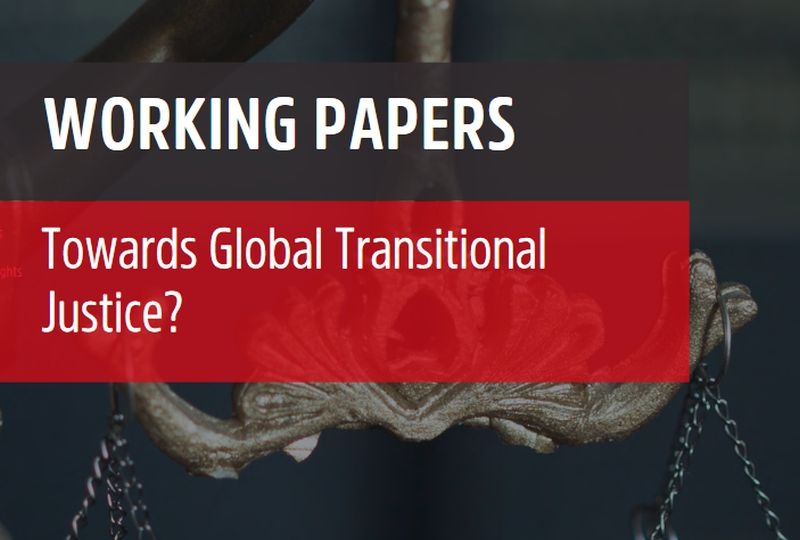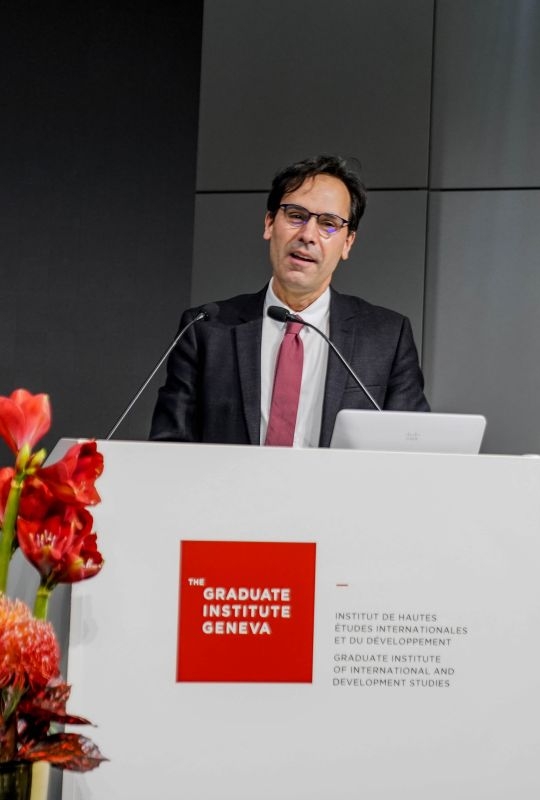Frouville highlights in his paper the need for scientific knowledge to establish the truth about what happened, how it happened, and what the responsibilities are.
As in truth processes at the domestic level, he also stresses the need for simple people – especially victims or their families – and civil society to participate actively in the process of truth-seeking. The interests of the biosphere and of the non-human living on earth should also be represented in the discussion and have their say
‘The difference here is that we would need a more global effort. This would include, on the one hand, scientists coming from all parts of the world to interact with the aim of establishing accepted historical facts. On the other hand, members from civil society, victims' associations and organizations advocating in favour of the biosphere and the other living on earth would participate in a global debate about past injustices, based on historical facts’ explains De Frouville.
‘Based on this, states would elaborate programmes of action at the global level in order to implement guarantees of non-repetition that would include for instance mutually agreed acknowledgement of historical facts and, why not, a global history textbook, including the history of human groups and their interactions as well as a history of humanity in its relation to ‘Nature’’ he adds.








